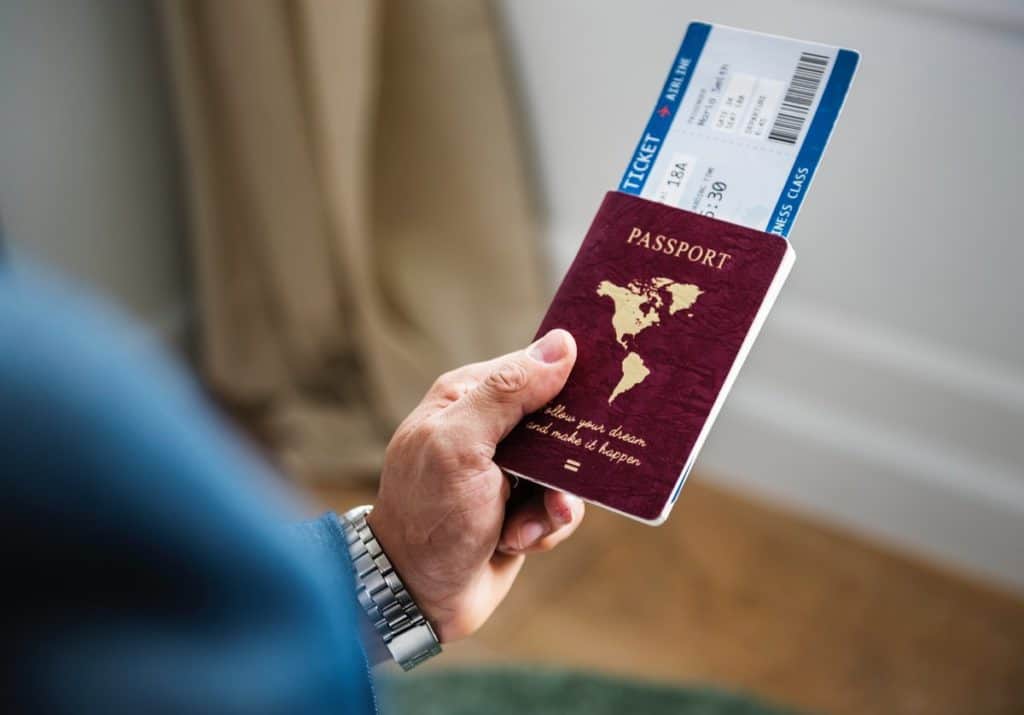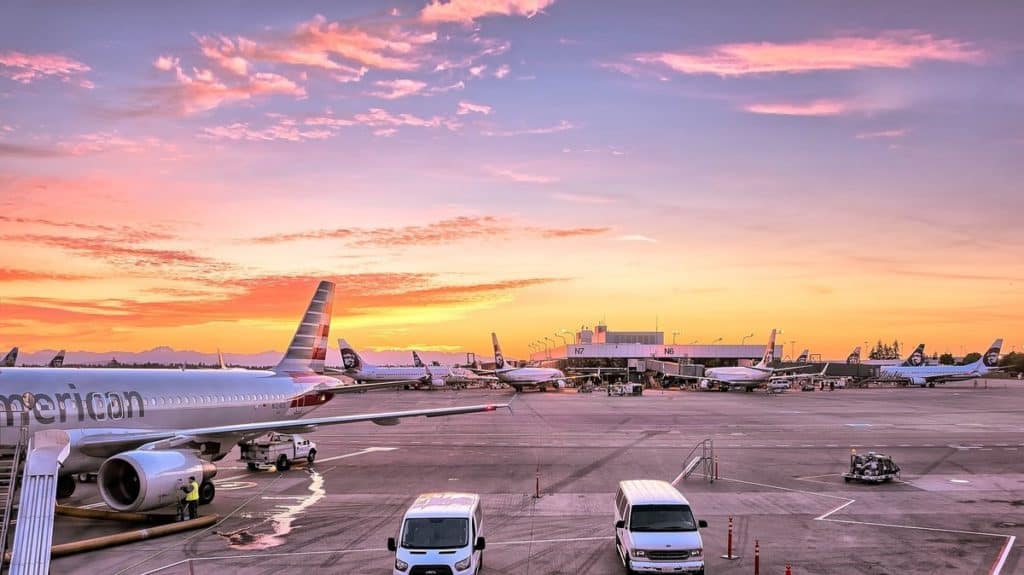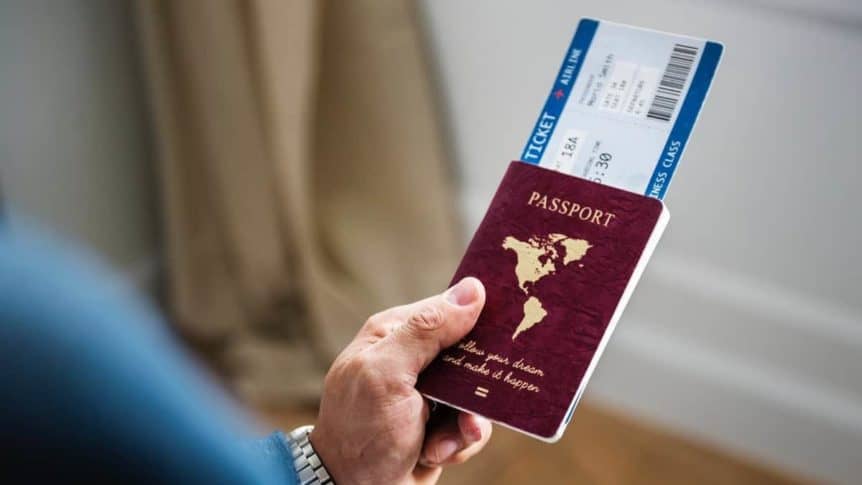
If you’re planning a trip to Costa Rica and asking, “Do I need an onward ticket to enter the country?” you’re in good company. This question pops up all the time, especially for travelers booking a one-way ticket. The rules can seem murky, and advice differs depending on who you ask.
To get you the real answer, I’ve dug into Costa Rica’s latest immigration laws, chatted with travelers—backpackers, families, and part-time residents—and sorted out fact from fiction. The short version? You might not need that onward ticket, but there’s more to it. Read on for the full scoop on what’s required, what happens in reality, and how to be ready.
Costa Rican Immigration Law: The Official Rule
By law, if you’re not a Costa Rican citizen or resident, you need proof of onward travel when entering the country. This means a ticket—plane, bus, or otherwise—showing you’ll leave Costa Rica within your authorized stay.
For most visitors from visa-exempt countries like the U.S., Canada, and the EU (known as “Group One” countries), that stay is now up to 180 days, a change made in September 2023. Previously, it was 90 days, but the longer window gives travelers more flexibility. Note: The exact time you’re granted (up to 180 days) depends on the immigration officer at the border.
For many, this isn’t an issue. Vacationers or students typically have a return flight booked. But what about backpackers kicking off a Central American journey in Costa Rica, planning to bus to Nicaragua or Panama? Or digital nomads arriving with a one-way ticket, hoping to stay longer? That’s where things get interesting.
The Airline Factor: Your First Hurdle

Here’s the twist: Costa Rican immigration officials rarely enforce the onward ticket rule at the border. The bigger challenge? The airlines. Before you board your flight to Costa Rica, airline staff must check your documents. If you lack an onward ticket and get turned away at immigration, the airline foots the bill to fly you back. To avoid this, some carriers—especially U.S.-based ones—may refuse boarding without proof you’ll leave within 180 days. Regional airlines like Copa might be more relaxed, but it’s a gamble.
What Happens in Real Life?
Good news: In practice, being asked for an onward ticket—by airlines or immigration—is uncommon. Over years of running a travel agency and talking to travelers, I’ve only heard of a few cases where it mattered. Most people sail through with a one-way ticket, no hassle.
But if you’re cautious (or just unlucky), you’ll want a plan. Picture facing a strict airline agent or a by-the-book immigration officer. It’s rare, but it happens. So, how do you prove onward travel without spending a fortune? Here are your options, from simple to slightly more involved.
How to Prove Onward Travel to Costa Rica

1. Explain Your Plans
The easiest (and cheapest) fix is to talk it out. If you’re a backpacker, tell the airline or immigration officer you’ll bus to Nicaragua or Panama later. These tickets cost $20-$40, so it’s plausible you’ll buy one when ready. First-timers with a clean passport often get waved through with this. Stay polite, confident, and clear.
2. Show Proof of Funds
Immigration just wants to know you won’t overstay or run out of cash. Prove you can afford a ticket out with a bank statement (a PDF on your phone or a printed copy) or a credit card with a solid limit. It’s all about showing you’ve got the means to leave.
3. Buy a Cheap Bus Ticket
No plane ticket needed—bus tickets work too! Grab one from San José to spots like Bocas del Toro (Panama) or Granada (Nicaragua) for under $40. Companies like Tica Bus or TransNica offer online booking, making it a cheap, legit way to show you’ll exit. Plus, you can use it if it fits your itinerary.
4. Book a Refundable Flight (or Rent One)
For extra security, book a fully refundable flight out of Costa Rica, then cancel it after landing. Or use a service like OnwardTicket.com to “rent” a real ticket for $10-$15—it expires after 48 hours but gets you past check-in and immigration.
Pro Tips for a Smooth Entry
Check Ticket Prices
Round-trip flights can sometimes beat one-way costs. Compare on Skyscanner or Google Flights.
Use Hotel Bookings
Got an Airbnb or hotel reserved in Panama or Nicaragua within 180 days? Show the confirmation as proof you’ll leave.
Call Your Airline
Before you fly, call the airline and explain your plans. Regional carriers might be more lenient.
Bring Printed Proof
Keep a hard copy of your bus ticket, bank statement, or booking. It’s quicker than digging through your phone, especially with shaky Wi-Fi.
Phone Prep
If showing digital docs, ensure your phone works abroad. Expedia has a handy guide on international cell use.
Final Thoughts: Don’t Stress It
For most, entering Costa Rica with a one-way ticket is a breeze. Customs and immigration are chill, and a friendly vibe goes far. If they ask for more info, stay calm—they’re just doing their job. With a little prep, you’ll be sipping a coconut on the beach in no time.

